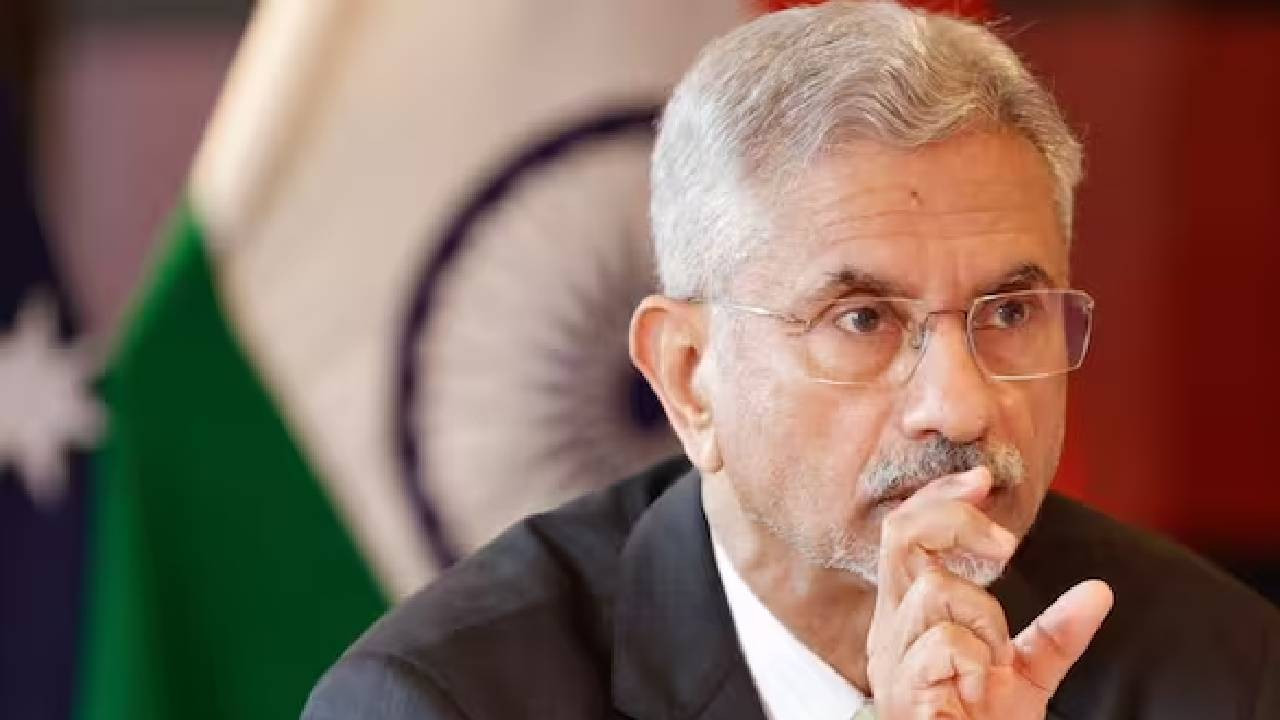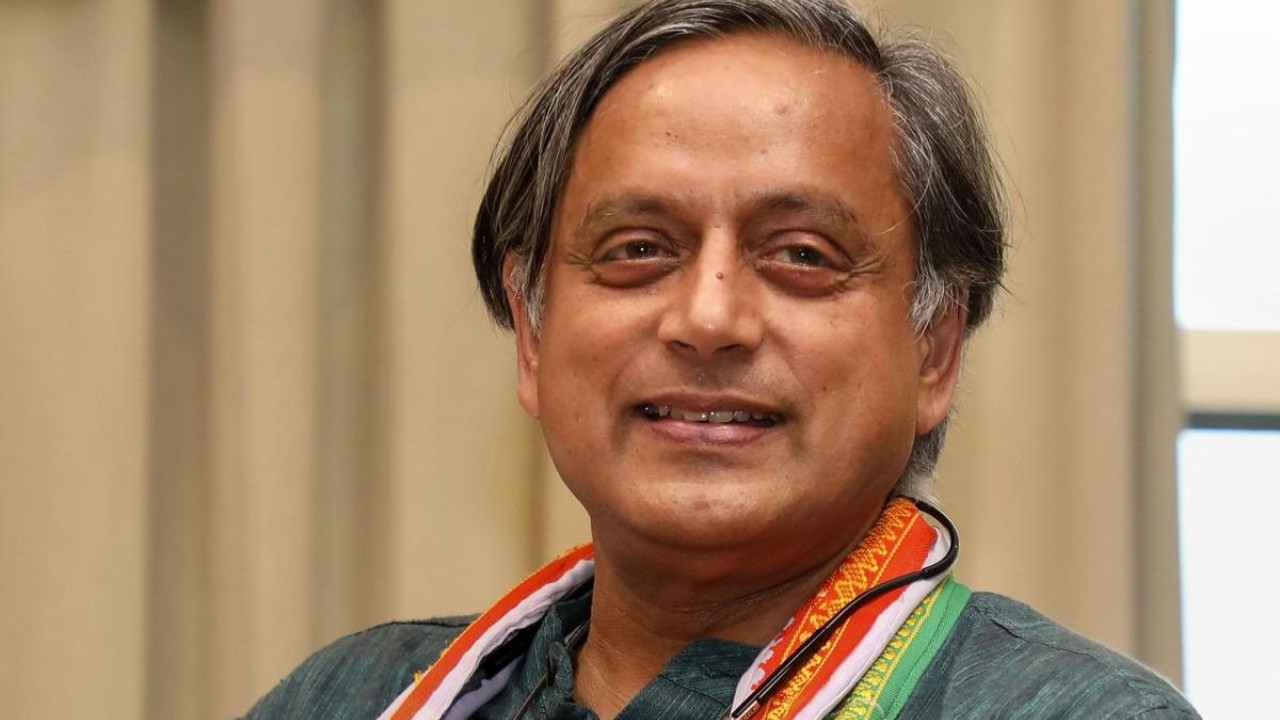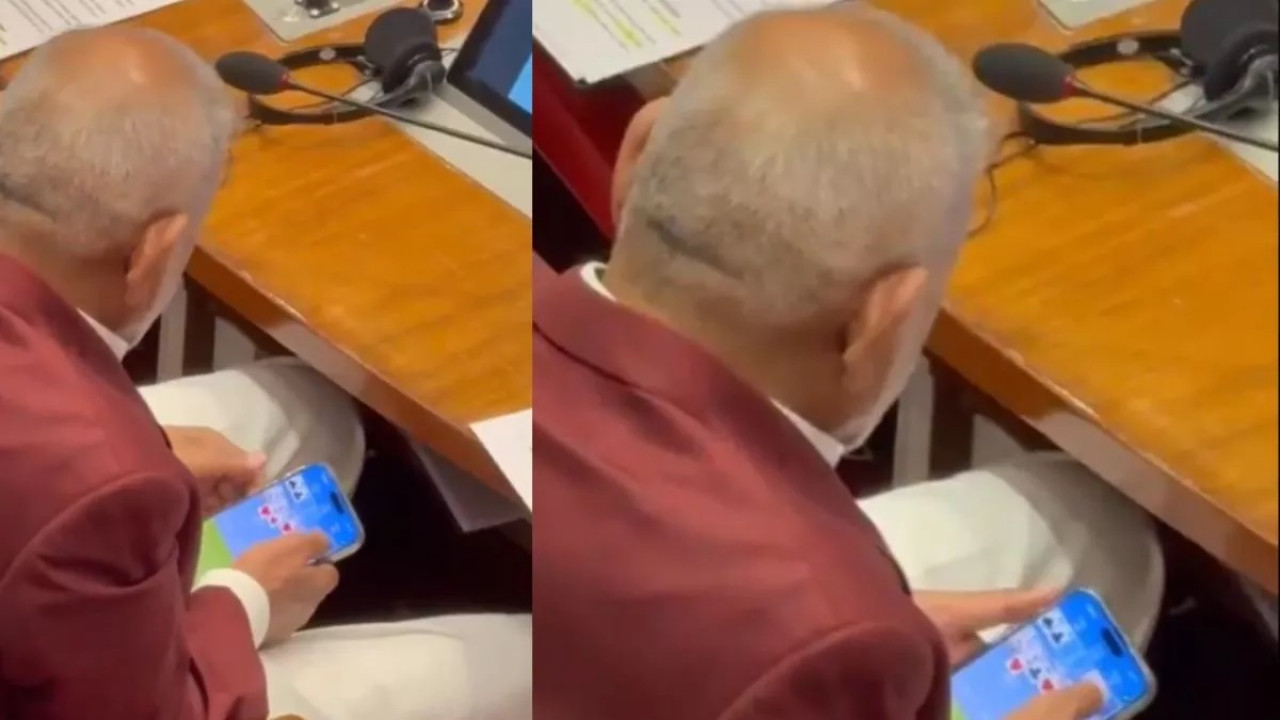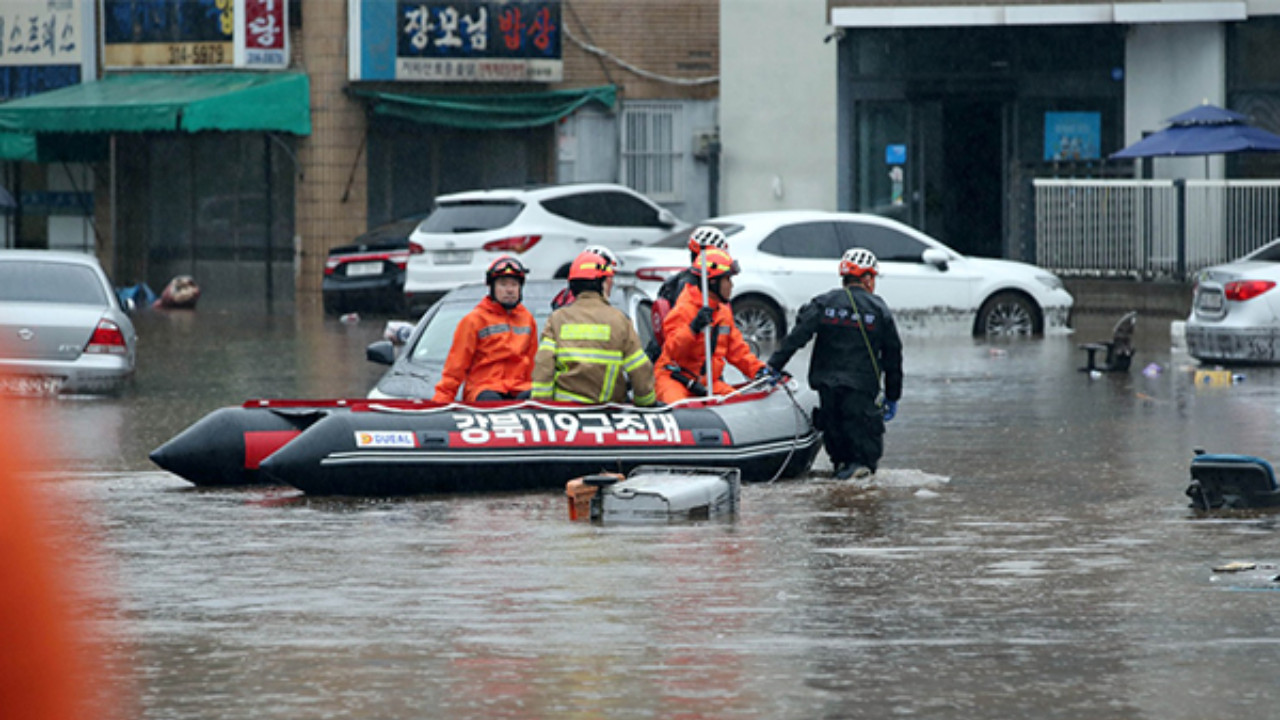National News: India’s External Affairs Minister Dr. S. Jaishankar recently shared a personal and inspiring anecdote from his UPSC Civil Services interview, leaving a strong impression on the young audience at a special event in Delhi. He revealed that his interview took place on March 21, 1977 — the very day the 21-month-long Emergency officially ended in India. Speaking to newly selected civil servants, Dr. Jaishankar said, “I was just 22 years old and the first candidate to arrive at the Shahjahan Road interview center that day.” He recounted how the atmosphere was politically charged due to the just-concluded general elections and the lifting of the Emergency.
"I Forgot I Was in an Interview"
With a smile, Jaishankar recalled that the interview became so emotionally intense for him that he momentarily forgot he was being evaluated. “As a student of JNU, I had actively participated in anti-Emergency protests and election campaigns. So when the panel asked about recent events, I responded passionately and naturally.”
From that moment, he said, he learned two critical lessons — how to communicate under pressure and how people in positions of power can often lose touch with the realities on the ground.
The 'Lutyens Bubble' and Disconnection from Ground Realities
Highlighting the disconnect between the ruling elite and grassroots sentiments, Dr. Jaishankar coined the term ‘Lutyens bubble’. He explained that while students like him could sense the winds of political change sweeping through the country, those entrenched in power corridors failed to pick up on these signals.
Democracy and Its Real Benchmark
When asked about the true measure of a successful democracy, he replied, “In my view, a democracy is truly successful only when it ensures equal opportunities for all sections of society. The voices of a privileged few cannot be considered the voice of the nation.”
A Vision for 2047: Message to Future Bureaucrats
Addressing the newly inducted civil servants, Jaishankar emphasized that they are not merely joining government service but stepping into a period of national transformation. “This is your Amrit Kaal. In the next 25 years, you will shape India’s journey to becoming a developed nation by 2047. Think about your role in that future.” He concluded by calling the UPSC Civil Services Examination “one of the most unique and toughest selection processes in the world,” noting that it tests not just a candidate’s intellect but also their character and temperament.












